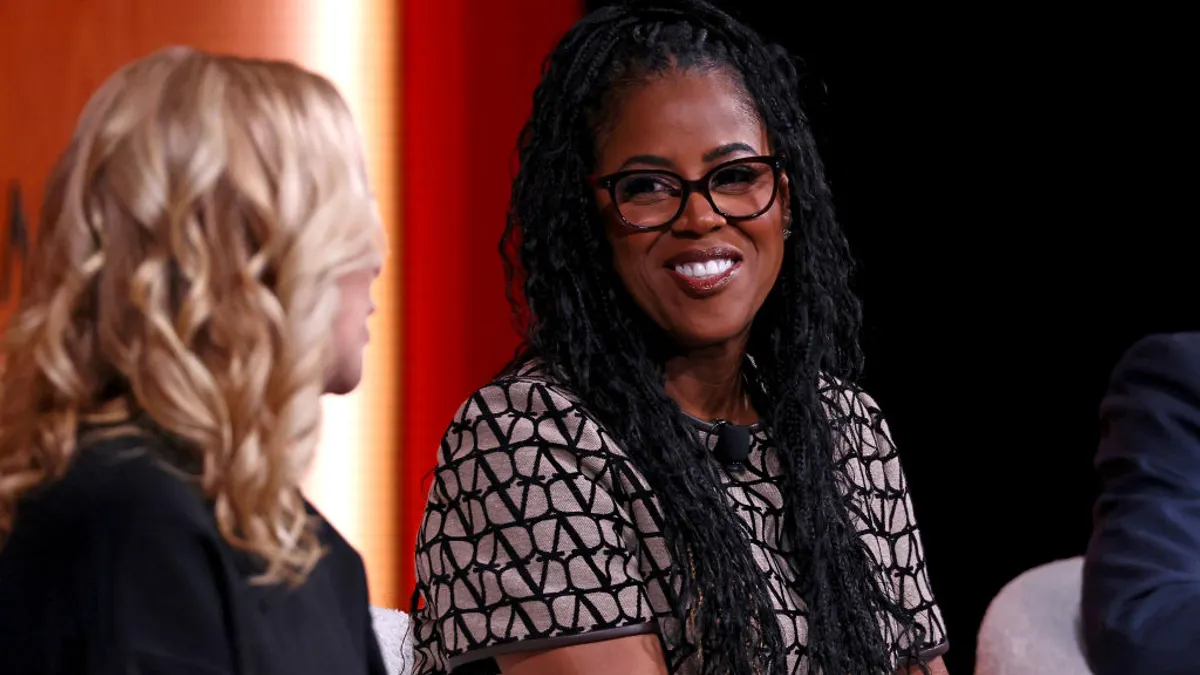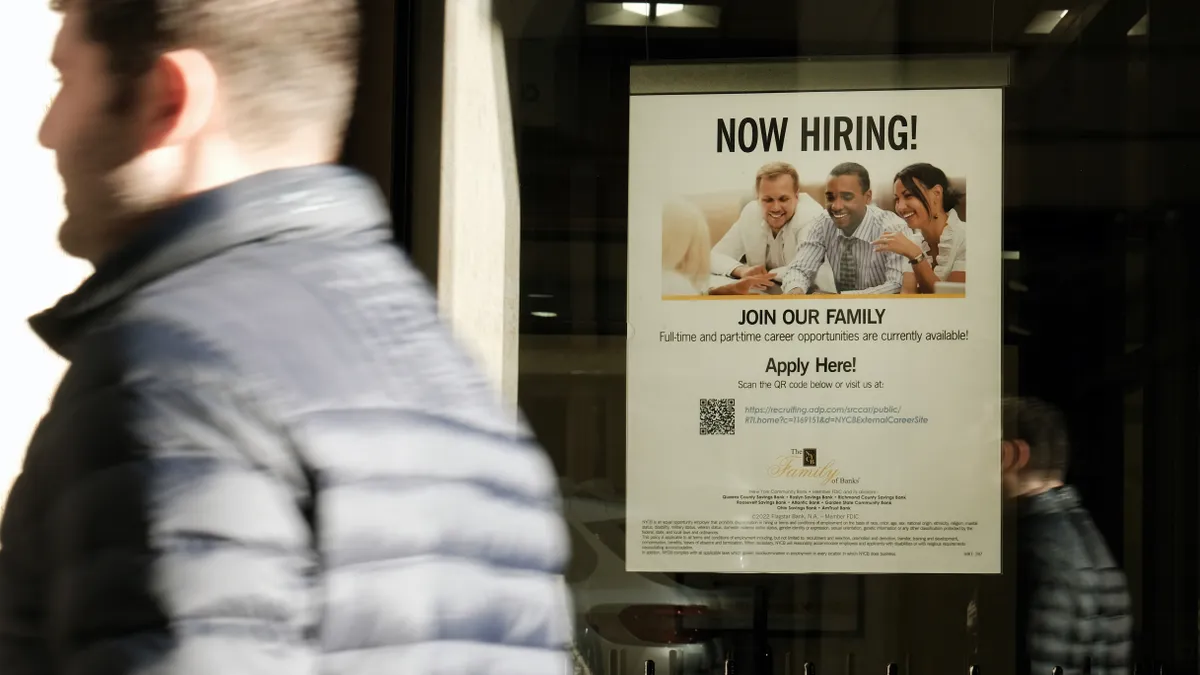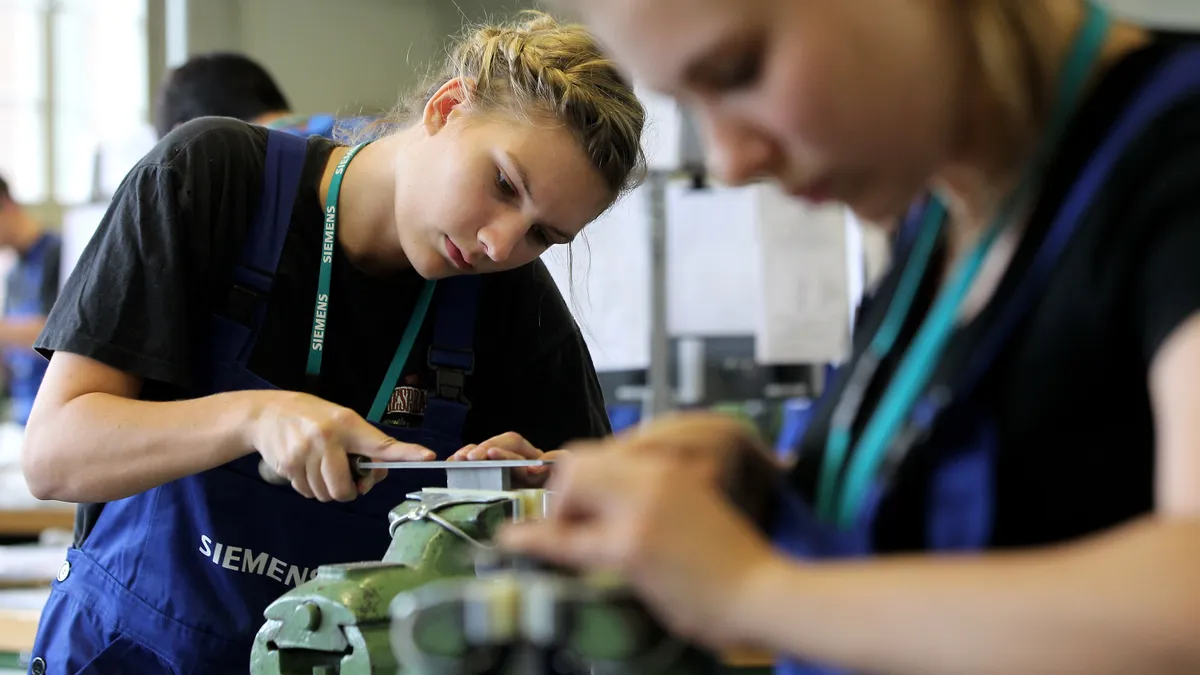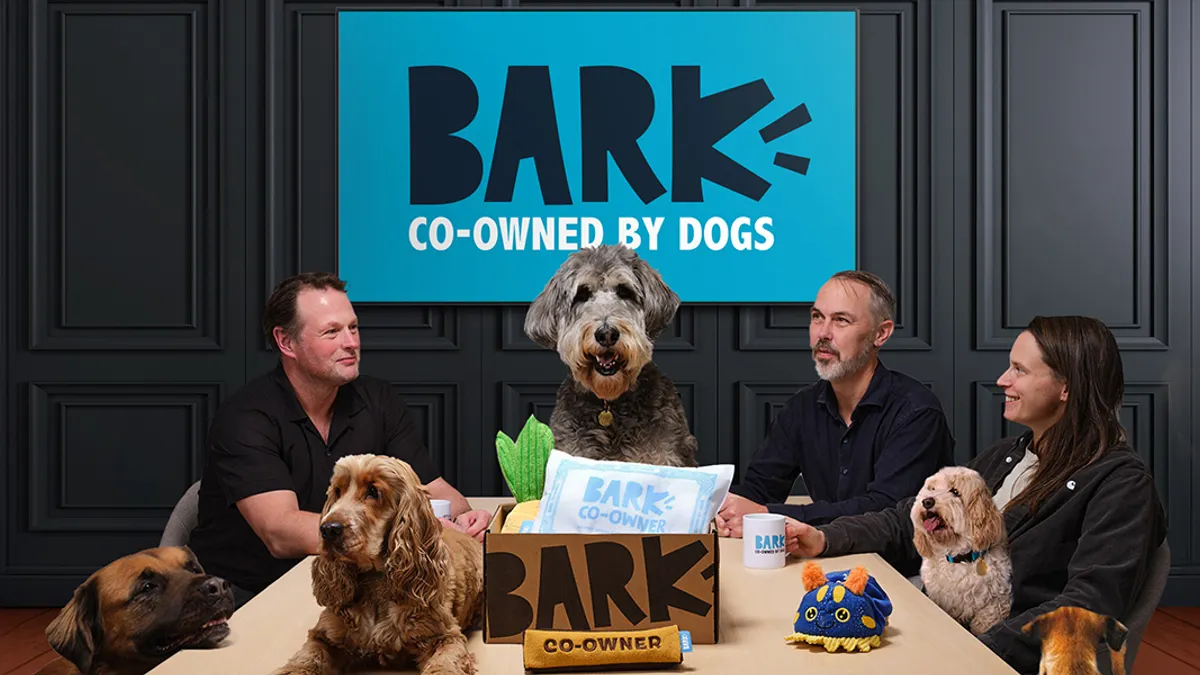Chief people officers are in high demand in Silicon Valley — "literally every company in Silicon Valley is hiring," tweeted Lambda School CEO Austen Allred in mid-December 2019. His observation prompted fellow professionals to chime in with their thoughts and sparked a Twitter conversation.
Literally every company in Silicon Valley is hiring a VP of People/Chief People Officer at the exact same time
— Austen Allred (@Austen) December 18, 2019
Katelin Holloway, who recently stepped into an advisory role with Reddit after serving as its VP of people and culture, agreed with Allred: "But like actually," she replied on Twitter. SurveyMonkey Chief Marketing Officer Leela Srinivasan joked that "It's a good thing they grow on trees."
A former CPO at several New York City-based companies, Rick Pereira, said in a Tweet that he views Allred's observation as part of a larger picture: "companies are making this investment earlier and earlier to create an impactful culture foundation."
Experts within Silicon Valley generally agreed with Pereira's analysis, though sources who spoke with HR Dive framed the trend within different timelines.
Is there a CPO hiring surge in Silicon Valley?
An executive recruiting professional in Silicon Valley said he has not observed a recent uptick in CPO hiring — "I'm not feeling a spike in the last month or two," executive search firm SPMB Managing Partner and Owner Dave Mullarkey told HR Dive in an interview.
He did identify an overarching trend, however, which he said began several years back. "Companies are looking to hire chief people officers earlier," Mullarkey said. "So that means there are more of them and more of those opportunities for people." SPMB conducts more than 300 executive searches per year, according to Mullarkey, many of which occur in the Silicon Valley area, where the company is located.
Over the last two years, there has been an uptick in CPO hiring within Silicon Valley, according to Robert Half Director of Permanent Placement Services Adam Bennett. "The Silicon Valley giants have always been ahead of the curve and have had this role internally for many years," Bennett told HR Dive in an interview. But when the talent market tightened two years ago, he said, smaller companies followed.
"What we've seen, without a doubt, is the smaller, medium-sized companies aggressively looking for a head of talent or CPO to better engage employees," said Bennett, who conducts talent searches for the greater Silicon Valley area.
As VP of Total Rewards at Chegg, a Silicon Valley-based company looking to fill an open CPO role, Debra Thompson views the situation similarly. "There are a lot of roles out there right now for chief people officers," she told HR Dive in an interview. "There are a bunch of startups who have gotten to that place now where they have the money and they're willing to invest in their human resources department."
Other companies may be in the same position as Chegg, looking to backfill a position a previous CPO left, Thompson said. "Once one person moves, it's a domino effect. There are only so many companies in Silicon Valley. If one moves, there's a role somewhere else."
The majority of CPO hiring in the area is due to this reason, according to Okta CPO Kristina Johnson. "Most companies have a very senior-level person running the HR team," she said. "That's definitely not a new trend. This role has been around for 10 years."
If any change relevant to the CPO role has developed recently, it's a change in lingo, Johnson told HR Dive in an interview. "The nomenclature, the twist to calling it people as opposed to HR is definitely in the last three to four years," she said.
Chief people officer: 'The culture bearer'
Despite disagreement over the precise levels of CPO hiring in Silicon Valley, sources were unanimous in defining why employers seek them. Organizations need CPOs to create workplaces that entice talent to come and convince them to stay. "We don't want to be the best place to work; we want to be the best place to stay," Johnson said.
The CPO is "the culture bearer," responsible for infusing the company mission throughout the organization, Thompson said. This will boost retention — something her own tenure at Chegg demonstrates. "I've been here for seven years, and that's the longest stint I've been anywhere," Thompson said. "That's because this place is so amazing. We are incredibly passionate about our mission."
Everything that goes on at Chegg, according to Thompson, has roots in the company mission: making students' lives easier. "The CPO is the culture bearer who has to beat the drum, so to speak, to make sure the people strategy is completely aligned with the business strategy, and that we're driving that home every day," she said.
This is critical for growing companies, Mullarkey noted. "There are a lot of well-funded companies that are in fact growing nicely that want to capitalize on what's in front of them," he said. "Having great talent is a key to success. It used to be that people might wait closer to IPO to bring in a chief people officer."
Because the CPO role is attached to certain business metrics, specifically retention, its success is measurable, Bennett said. "There is a tangible ROI that companies can put on a good CPO who's changing their retention numbers."
Of course, the success of the role depends on the success of the person in it. Most CPO candidates will have the skills they need: "When you get to the level where you put your name in for some of these c-levels, you're going to have the skills that are needed to be a chief people officer or a chief human resources officer," Thompson said.
At Chegg, to succeed in the role, a CPO must be able to observe the talent and employment market, identify the trends and make a plan to bring an employer in line with them, Thompson said. "This person should be someone who can continue to be forward-thinking," she said. "It's truly all about finding someone who's going to be a culture add for us and be that person who's going to drive our values and make sure everyone is marching to the same mission."
Johnson's view of her role as CPO aligned with Thompson's characterization of the position. "My primary role as the head of people here is to keep one foot in the future, especially as it relates to the war for talent and unemployment being at an all-time low," she said.
Johnson said she is continuously thinking about talent strategy, especially as she looks for candidates with cloud, computing and AI skills. As part of that, she also spends time working on learning and development initiatives, including Okta University, an in-house training function that will allow the company "to find the best talent we can… and build up a very robust function in house where we can coach and develop those skills," Johnson said.
Johnson said her role as CPO has also led her to examine the benefits and perks associated with her organization's culture. Okta is running a test pilot on dynamic work, for example. "We're trying to figure out the secret sauce there," she said.
The company is also assessing its benefit packages to prioritize flexibility — something in demand from its multi-generation workforce, she said. "Ping pong tables and beer in the office, those are starting to go by the wayside," she said. "People are looking for more flexibility and benefits that can be tailored to them. We're really looking in detail at our benefit packages and our total rewards packages to see if we can move to a cafeteria-style plan where people can have more choice in the perks they want."
What it takes to make a hire
As Chegg searches for its next CPO, it is taking a multi-pronged approach that unites a search firm and an internal "high-power principal recruiter." Its search spans the country. "We're not just looking in our own backyard. We're looking everywhere," Thompson said. "It's much more important for us to find the right person than a person who's right next door."
This strategy appears to be standard protocol for CPO recruiting in Silicon Valley. "It's certainly competitive," Johnson said. "If you're hiring a CPO, you're going to go out to search and you're going to be paying a good amount of money for a search firm to bring in candidates."
Silicon Valley employers are generally prepared when looking for any C-suite role to spend big on recruiting and possibly relocating a candidate, Johnson said. This includes, Bennett noted, offering candidates a "healthy, six-figure salary.



















